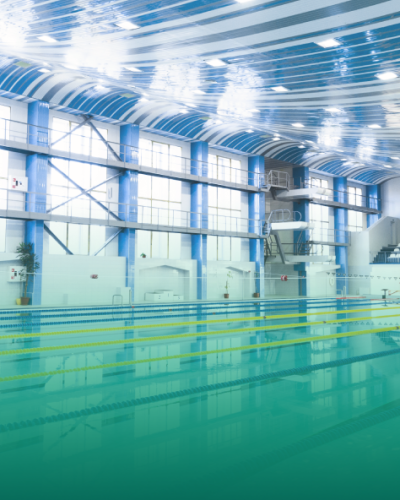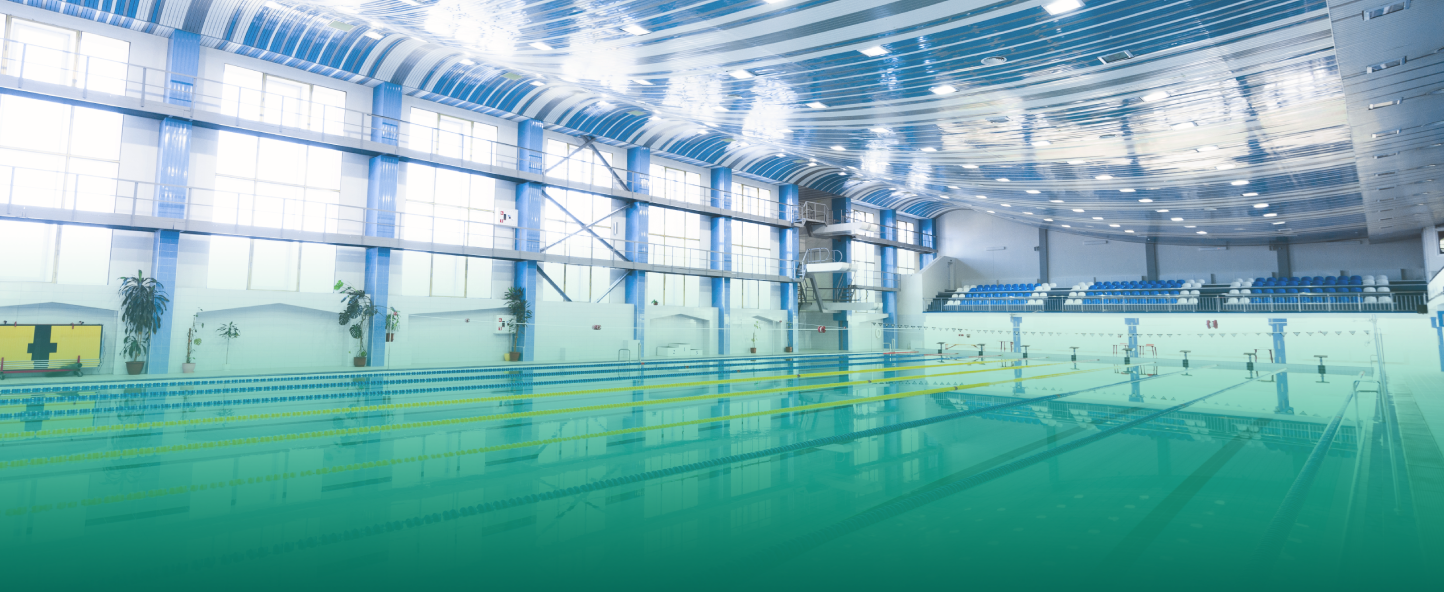Myth: You don’t have to shower before swimming
A common misconception is that it is not necessary to take a shower before diving into the pool. However, scientific facts say otherwise.
Pool water pollution is a natural process, and swimmers play an important role in it. Organic waste from the human body, such as saliva, urine, nasal mucus, hair, skin particles and sweat, enters the water. These secretions contain bacteria and viruses that can cause eye and skin irritation to other swimmers.
In addition, cosmetics remaining on the skin can significantly pollute the water in the pool and clog cleaning systems. Therefore, before swimming, it is recommended to thoroughly remove cosmetics from your skin.
Showering before getting into the water removes more than 2/3 of the bacteria that would otherwise end up in the pool. Even without using soap, showering can remove five times more dirt than simply washing your feet in a bathtub.
It is important to note that you should also shower after swimming to remove both your own and foreign bacteria from your skin, as well as the chemicals used to disinfect the pool water. Only after taking a shower is it recommended to visit the sauna or prepare to return home.
Remember to keep your pool clean and practice good hygiene to help keep everyone comfortable and safe.
Myth: You can get sexually transmitted diseases in the pool
One of the common myths about visiting a swimming pool is the possibility of contracting sexually transmitted diseases. However, it is worth considering this issue in more detail.
Most pathogens of sexually transmitted diseases are unstable in the environment and cannot survive for long outside the human body. Therefore, the likelihood of contracting sexually transmitted diseases in the pool is extremely low. However, there are other infections that can be acquired in a swimming pool, so it is recommended that you obtain a health certificate before using the swimming pool.
On average, a person can swallow from 4 to 10 ml of water while in the pool. This means that there is a risk of contracting various water-related infections. Therefore, it is important to maintain good personal hygiene and keep the pool clean.
Myth: You can’t swim immediately after eating
There is a common belief that swimming immediately after eating is dangerous to health. However, medical facts indicate that there is no scientific evidence for this.
From the moment of eating to the start of the digestion process, about 4 hours pass. During this period, the body directs most of its energy to the digestion process. However, the chances of experiencing stomach cramps while swimming are extremely low and do not depend on the timing of meals.
It is important to remember that intense exercise after eating can cause stomach discomfort or problems. Therefore, if you are going to swim long distances or engage in active sports, it is recommended to wait some time after eating.
Conclusion: Swimming in a pool is a great way to exercise and stay healthy, as long as you practice good hygiene and common sense.






